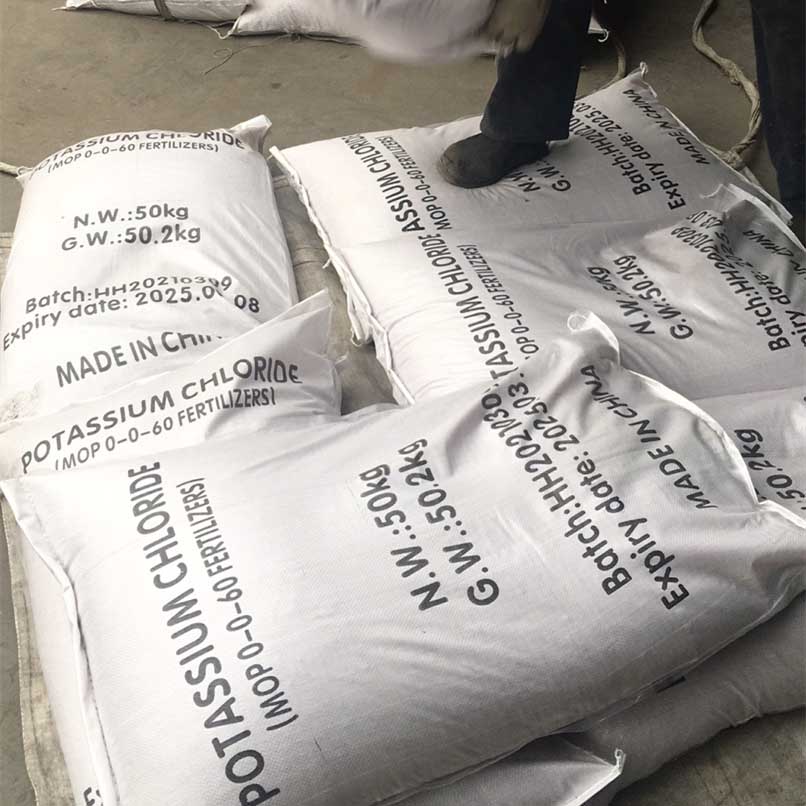
Hul . 26, 2024 04:11 Back to list
Top Recommendations for Organic Nitrogen Fertilizers to Enhance Vegetable Growth in Your Garden
The Best Organic Nitrogen Fertilizers for Vegetables
As the demand for organic produce continues to rise, farmers and gardeners alike are seeking sustainable ways to nourish their vegetable crops. One of the key nutrients for plant growth is nitrogen, which is vital for developing lush foliage and promoting healthy growth. Organic nitrogen fertilizers offer an environmentally friendly alternative to synthetic options, ensuring robust vegetable production without compromising soil health or ecosystem balance. Here’s a closer look at some of the best organic nitrogen fertilizers suitable for vegetable cultivation.
Understanding the Role of Nitrogen in Vegetable Growth
Nitrogen (N) is a fundamental macronutrient that plays several critical roles within plants. It is a crucial component of amino acids, the building blocks of proteins, and is integral to the formation of chlorophyll, the pigment responsible for photosynthesis. A nitrogen deficiency can lead to stunted growth, yellowing leaves, and poor crop yields. Therefore, providing an adequate supply of nitrogen is essential for farmers and home gardeners aiming to produce vibrant and healthy vegetables.
Types of Organic Nitrogen Fertilizers
1. Compost One of the most versatile organic fertilizers, compost is made from decomposed organic matter and contains a variety of nutrients, including nitrogen. It improves soil structure, moisture retention, and microbial activity, making it an excellent all-around amendment for vegetable gardens. The nutrient release from compost is slow, providing a continuous supply that benefits plants over time.
2. Animal Manure Various types of animal manures, such as chicken, cow, and horse manure, are elevated in nitrogen content, making them effective organic fertilizers. Chicken manure, in particular, is rich in nitrogen and can significantly boost vegetable growth. However, it should be composted first to avoid burning plants and eliminate pathogens.
best organic nitrogen fertilizer for vegetables factory

3. Blood Meal This is a high-nitrogen byproduct of the meat industry, containing around 12-15% nitrogen. Blood meal is fast-acting and can be used as a top dressing for crops or mixed into the soil. However, due to its rapid nutrient release, it should be applied cautiously to avoid over-fertilizing.
4. Fish Emulsion Made from byproducts of the fishing industry, fish emulsion is a liquid organic fertilizer with moderate nitrogen content. It is easy to apply and provides nutrients quickly, making it particularly beneficial for leafy vegetables. The added bonus is that it also supplies trace minerals essential for plant health.
5. Soybean Meal This plant-based fertilizer contains about 7% nitrogen and is an excellent option for gardeners looking for organic sources. It is a slow-release fertilizer, feeding plants gradually. In addition, soybean meal improves soil health and encourages microbial activity, making it a great choice for sustainable gardening.
6. Alfalfa Meal Alfalfa is often used as animal feed, but it also makes an excellent organic fertilizer. It contains around 2-3% nitrogen, but its unique property is that it also includes triacontanol, a growth stimulant that can enhance plant growth and yield. Alfalfa meal improves soil structure and supports beneficial microorganisms.
Conclusion
In conclusion, choosing the right organic nitrogen fertilizer is essential for successful vegetable production. Each type of fertilizer offers unique benefits and characteristics, making it important to consider the specific needs of your garden and crops. By incorporating organic nitrogen fertilizers like compost, animal manure, blood meal, fish emulsion, soybean meal, and alfalfa meal, gardeners can enhance soil health and promote vigorous vegetable growth. Not only will this lead to better yields, but it will also contribute to a more sustainable and environmentally friendly approach to agriculture. With these organic options at your disposal, growing lush and nutritious vegetables is both achievable and rewarding.
-
Organic 10-10-10 Fertilizer | Balanced Plant Nutrients
NewsJul.31,2025
-
Premium Amino Acid Fertilizer | Rapid Plant Growth Booster
NewsJul.31,2025
-
10 10 10 Fertilizer Organic—Balanced NPK for All Plants
NewsJul.30,2025
-
Premium 10 10 10 Fertilizer Organic for Balanced Plant Growth
NewsJul.29,2025
-
Premium 10 10 10 Fertilizer Organic for Balanced Plant Growth
NewsJul.29,2025
-
Premium 10 10 10 Fertilizer Organic for Balanced Plant Growth
NewsJul.29,2025
